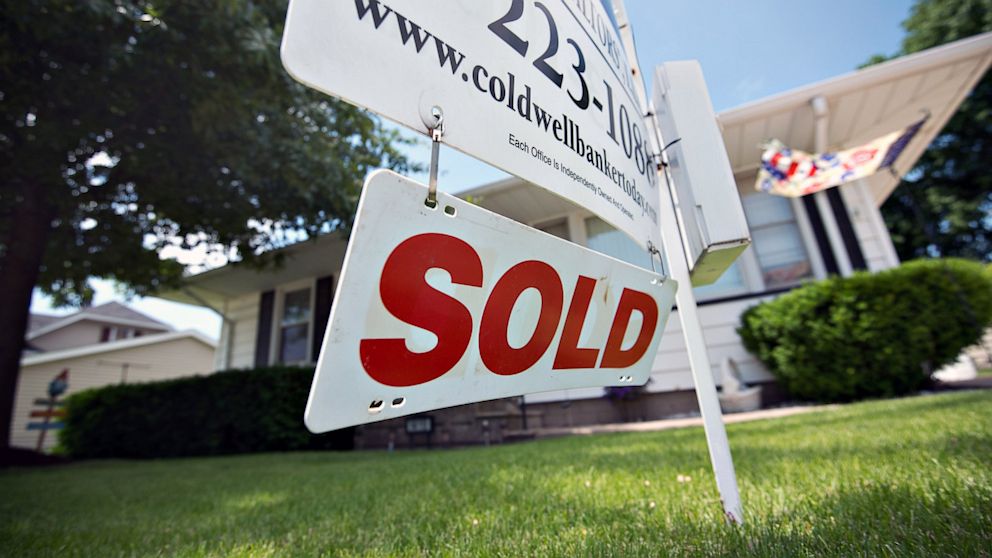Considering or Dreaming About Buying a Home? How to Pick the Best Mortgage Rate for You
Despite a higher interest rate, homebuyers still flock to the 30-year mortgage.

Sept. 24, 2013 — -- A large majority of homebuyers choose a 30-year fixed rate mortgage when taking out a loan to buy a home, but it may not be the best choice for all households.
Frank Nothaft, chief economist with Freddie Mac, says there are three reasons why homebuyers continually flock to the 30-year fixed rate mortgage: affordability, stability and flexibility.
First, Nothaft explains, the longer term means the principal is paid back (i.e., amortized) over a longer time period.
"That means the monthly payments are lower than on a 15-year mortgage, which is fundamental to making homeownership viable for first-time buyers in their early earning years," Nothaft writes on Freddie Mac's website.
Even though the 15-year fixed-rate mortgage was just 2.5 percent last year, the lowest in recorded history, and three-quarters of a percentage point below the 30-year fixed-rate loan, more than 85 percent of the home loan market was dominated by 30-year fixed-rate mortgages.
The 30-year fixed-rate mortgage has been popular particularly in recent times after the housing bubble and crash, said Lawrence Yun, chief economist with the National Association of Realtors.
Yun said consumers want certainty, and by getting a 30-year fixed rate mortgage while they are in their homes is protection against the uncertainty of other economic factors.
As for the second reason, stability, a fixed interest rate over 30 years also means a monthly principal and interest payment that is predictable to homeowners.
"Moreover, by avoiding payment shock and negative amortization, fixed-rate borrowers are less likely to fall behind on their payments, – a plus for investors too," Nothaft writes.
Why not a longer period than 30 years?
Yun says institutions and homeowners rely on the 30-year fixed-rate mortgage for both tradition and history.
Also, "People view more than 30 years as lifetime of payments," Yun said. "Thirty years offers a term limit to say, 'At a certain point in my life, I will not have to pay a mortgage.' I think that assurance is comforting."
Yun adds that given the mortgage's standardization and popularity, it makes it easy for Wall Street, or Fannie and Freddie to guarantee those mortgages.
Nothaft said 30-year fixed-rate loan is flexible because it is generally prepayable at any time without penalty.
If homebuyers choose to pay off the loan before maturity, in the case of refinancing or selling the home, for example, they can do so without paying an early prepayment fee, Nothaft said.
"This feature is largely unique to the U.S. as other nations generally require a prepayment penalty for long-term fixed-rate loans on single-family homes," he writes.
The 30-year fixed-rate mortgage is particularly popular with first-time homebuyers or younger people, said Yun. He said homebuyers with greater means or repeat buyers with equity in their home can use their equity as a substantial down payment.
Some people would prefer to go with a shorter term to plan to avoid paying mortgage payments during their retirement years.
However, because the 30-year is more expensive in interest paid, anyone who can afford the higher payment of a 15- or 20-year loan should consider it. For example, a 30-year fixed mortgage of $250,000 at the current rate of 4.5 percent means monthly payments of $1266.71. But the same loan at 15 years and the average rate of 3.6 percent is $1799.51 a month.
You'll pay $73, 911 in interest with the 15-year loan as opposed to a whopping $206,016 in interest with the 30-year loan.




